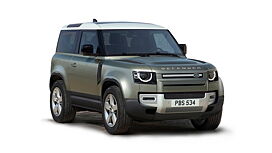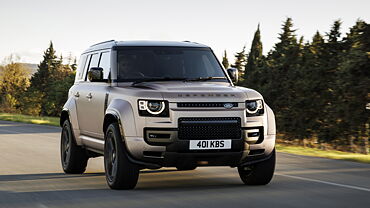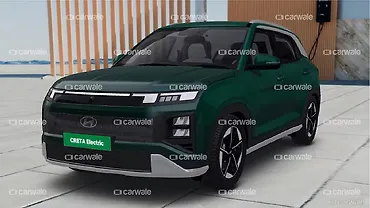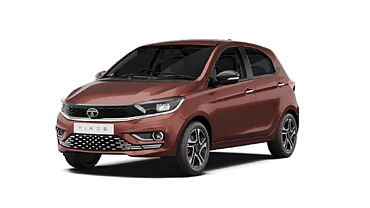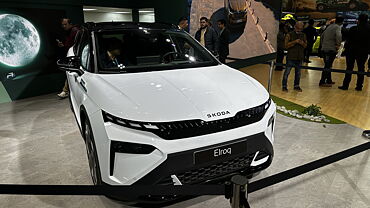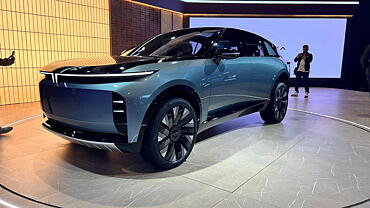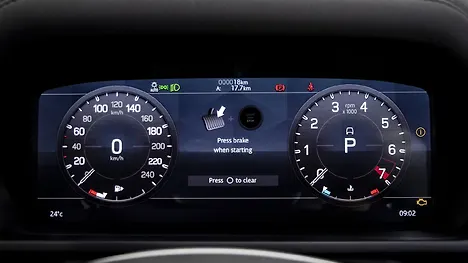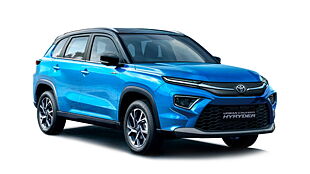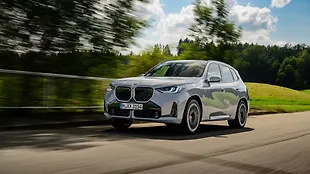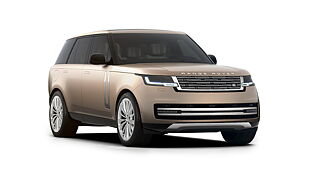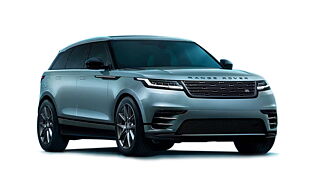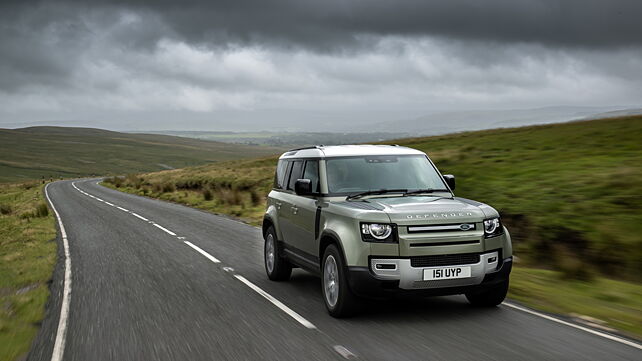
- The hydrogen concept is based on the Land Rover Defender
- Hydrogen fuel cell electric vehicle (FCEV) prototype testing to commence in 2021
British marque Jaguar Land Rover (JLR) has officially announced the plans to develop a prototype hydrogen fuel cell electric vehicle (FCEV) based on the new Land Rover Defender. The company will commence the testing of the FCEV prototype this year and it is a part of JLR’s aim to achieve zero tailpipe emissions by 2036.
FCEVs generate electricity from hydrogen to power an electric motor and are complementary to battery electric vehicles (BEVs). The hydrogen-powered FCEVs reportedly provide high energy density and rapid refuelling, along with minimal loss of range at low temperatures, thereby making it ideal for larger, longer-range vehicles, or those that operate in hot or cold conditions. The company further claims that since 2018, the number of FCEVs on the road has nearly doubled, while the hydrogen refuelling stations have increased by more than 20 per cent. As per the company’s forecast, by 2030 the hydrogen-powered FCEV deployment might top 10 million with 10,000 refuelling stations worldwide.
Jaguar Land Rover’s advanced engineering project, known as Project Zeus, is part-funded by the government-backed Advanced Propulsion Centre, and will allow engineers to understand how a hydrogen powertrain can be optimised to deliver the performance and capability expected by its customers; from range to refuelling, and towing to off-road ability. To ensure the successful operation of Project Zeus, JLR claims to have teamed up with globally popular research and development partners, including Delta Motorsport, AVL, Marelli Automotive Systems, and the UK Battery Industrialisation Centre (UKBIC) to research, develop and create the prototype FCEV.

